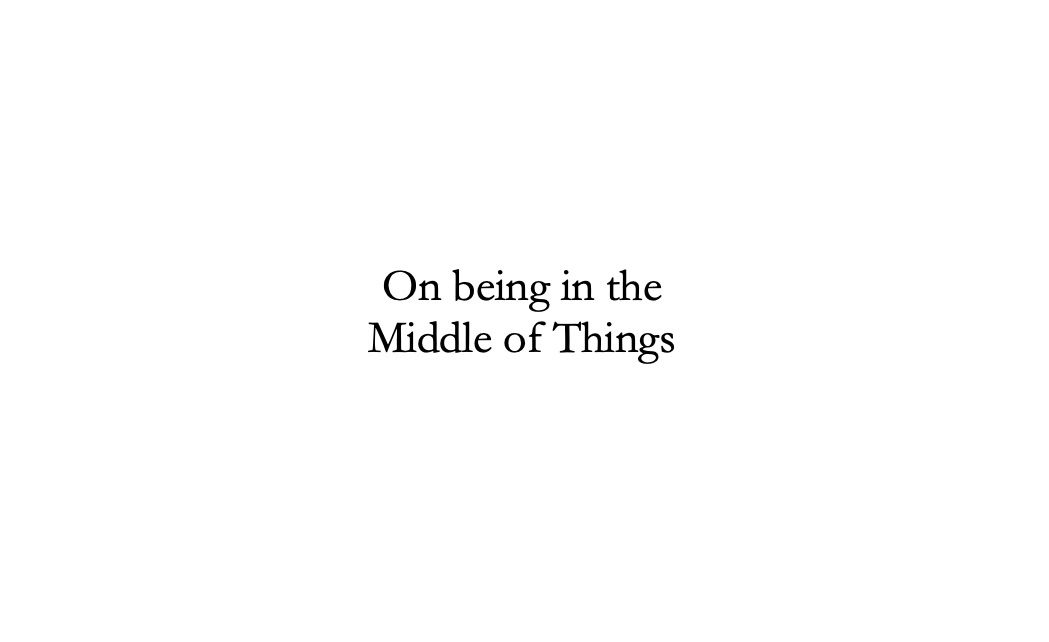I’m in the middle of writing my new book and I love it. There’s no feeling quite like that of being lost inside its world. It’s the desperate, delicious, absorbing pleasure of reading – characters and setting and plot that come to life inside your mind so that you need to turn Just. One. More. Page – but a thousand times better. (It can also, occasionally, be a barren desert of a place, but that’s a discussion for another time.)
All writers write differently, and I was asked recently whether my own process mirrors that of either of my two writer sisters in The Distant Hours.
(A quick refresher, Saffy and Juniper are two of the three Sisters Blythe. They both write, but where Saffy is methodical, reading, writing, drafting and re-drafting, collecting all her edits in pretty paper-covered boxes, Juniper is the archetypal artist, leaving scattered pieces of scrap paper in her wake as she seizes upon one idea after another, ‘writing herself free of entanglement’.)
My own experience sits somewhere between the approaches of my two characters. I love to plot and plan in the beginning; the process gives me enormous pleasure and purpose. But once the story is underway, even though I continue to fill my notebook with ideas and scene breakdowns, there’s a momentum that arrives. I liken it sometimes to flying a kite: at first it’s hard work, and you have to put in a lot of effort, dragging the heavy, unwieldy object along the ground behind you; but then, at some magical, wonderful point, enough wind and speed has amassed beneath it, and up it goes, flying by itself.
When the kite is up and I’m ‘inside’ a book, I relate completely to the idea of having to write myself free of entanglement. It’s like being stuck within a maze, which makes it sound trapping, which it isn’t; rather, it’s all-encompassing. I become stuck within the maze of the story and for as long as it takes me to reach the exit, no matter what else is happening in my Real Life, the characters, their plot, their settings, are in my mind. It can be frazzling at times, but I can’t imagine not having them there. In fact, when I’m not working on a book I feel restless and, ahem, I’ve been told that I become rather tetchy.
I had an incredibly wise and generous drama teacher when I was growing up. His name was Herbert Davies and Edie’s Herbert in The Distant Hours is based on him (in spirit. There are a number of differences in their biographies). He was seventy when I met him and over the next couple of decades he became a great friend and mentor to me. He’d been the Head of Radio Drama for the Welsh BBC, he’d served in Burma in the Second World War, and he’d been part of that set of incredible Welsh poets and actors including Dylan Thomas, Rachel Roberts, and Richard Burton. Herbert used to tell me there were two ways to approach acting, with intellect or with instinct, and that the very best actors, were those who were able to combine both. Writing, it has always seemed to me, is very much the same

